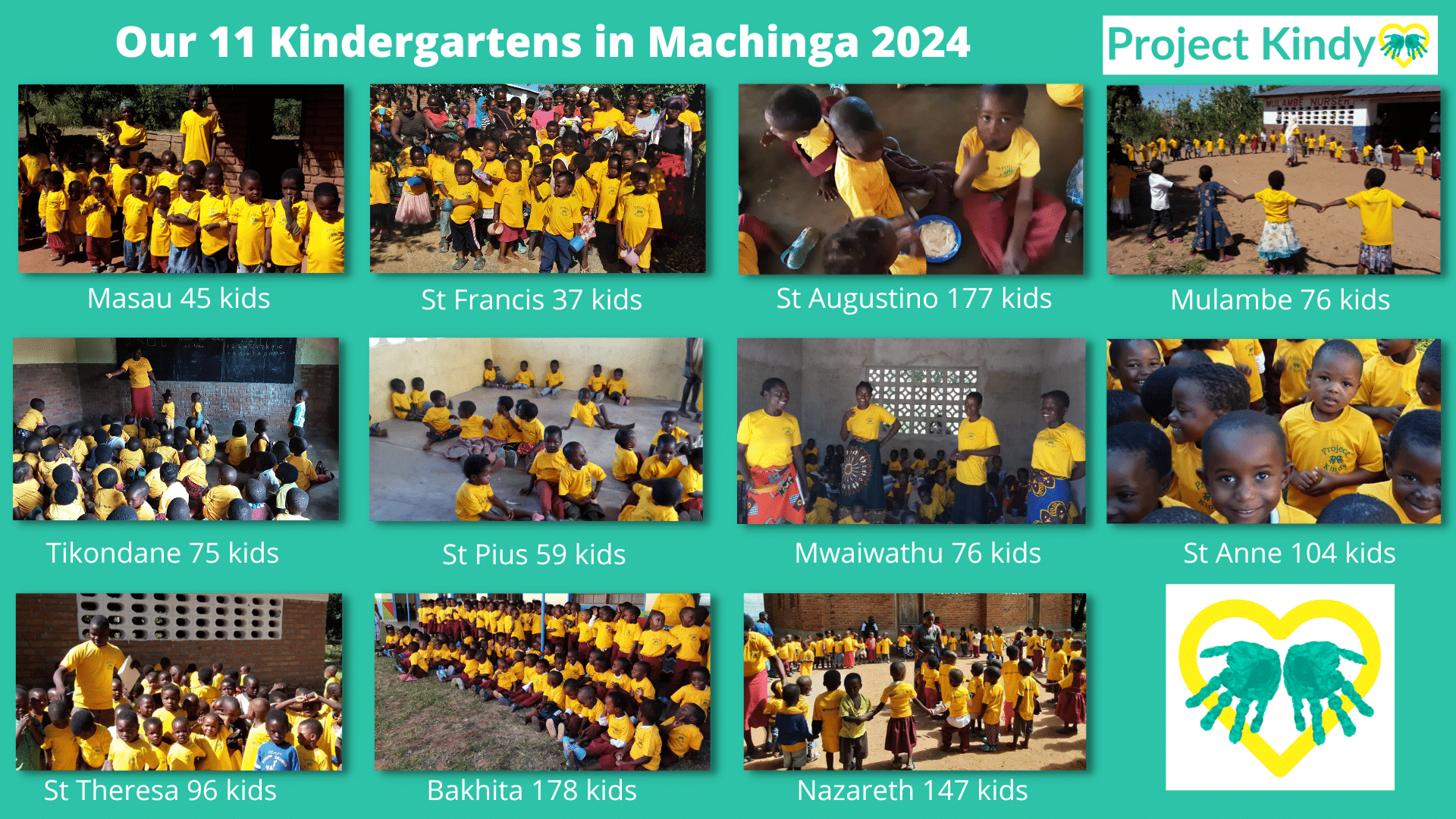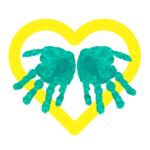Our Values
- Transparency of operations and impact of donors
- Appreciation of supporters
- Respect for the communities in Malawi and the work they do with the kindergartens
- Positive relationships with stakeholders
- 100% of donations go to poor with expenses covered by philanthropists we call ‘Angel Givers’
Mission
Project Kindy pursue the following charitable purposes:
- Advance education and relieve poverty by providing funds for kindergartens run by the Canossian Daughters of Charity in Malawi.
- Advance education and relieve poverty by providing scholarships for young people who are from financially disadvantaged backgrounds to study at schools or educational institutions
Vision
Empower children suffering extreme poverty in rural Malawi to attend kindergarten where they receive short-term life-saving impacts of food security and infrastructure and long-term life-changing impacts of ‘school readiness’.
100% of funds raised reach the grassroots where it is truly needed and the direct impact of the donor’s support for the beneficiary can be clearly demonstrated.
Work in Malawi

Project Kindy partners with the Canossian Daughters of Charity Sisters to provide funding for village-based, community-run kindergartens for children in Nsanama and surrounding areas in rural Malawi, Africa.
Project Kindy fundraises in Australia to provide the necessary funds for the short and long-term sustainability of the kindergartens. The Canossian Daughters of Charity Sisters manage the kindergartens and regularly inform the Project Kindy Committee of the work. A Project Kindy Committee representative is in regular conversation with the Canossian Sister’s point of contact, to evaluate the work and learn how to best support the work of the Sisters and local communities.
The operation of the 11 kindergartens requires an annual budget of $70,000, covering a range of crucial components. This includes supporting 1069 children through $40/year fees, facilitating daily lunches, providing storage for food, distributing t-shirts, shoes, learning materials, and toys, and offering additional assistance to the neediest families.
Beginning in 2024, the budget also encompasses stipends for the 71 staff members, consisting of 47 teachers, 11 assistants, 11 cooks, and 2 directors. Operational expenses extend to wages, training, vehicles, and supplies for the staff.
The financial process involves Project Kindy electronically transferring the donation for the Annual Running Costs to the Canossian Daughters of Charity bank account, following the reception of the Annual Partnership Plan and Budget provided by the Sisters.
Number of Kindergartens: 11
Number of Children: 1069 (updated January 2024)
Number of Local Staff and Volunteers: 71 Total.
All Paid: 47 teachers, 11 volunteers, 11 cooks, and 2 directors
New Kindergartens
The number of kindergartens that Project Kindy and the Canossian Daughters of Charity Sisters in the Nsanama area and surrounds work for have stayed at 11 in total since 2017. If new kindergartens are requested from other village communities, the Sisters and the Project Kindy committee will discuss the sustainability of taking them on and decide on a case-by-case basis whether to support the new kindergarten or not. Factors to consider are how many children would be attending, the location and the cooperation of the local community as well as the Project Kindy committee’ fundraising capacity. If Project Kindy cannot afford to take on a new kindergarten or if the Sisters deem the initiative unsustainable, it will not be approved. If on the other hand both partners agree that there is capacity to support, run and manage a new kindergarten the partners will approve the new request.
Progress Monitoring
The Canossian Daughters of Charity Sisters will send a written reports, detailing the work being carried out at the kindergartens, to the Project Kindy committee twice a year. The Canossian Daughters of Charity will also send a detailed excel spreadsheet of how the funds have been spent plus receipts of purchases (where possible) once a year. The Sisters will also send regular photos and videos of the kindergartens. The Project Kindy committee will evaluate the work formally every 3 years in their strategic planning.
Exit Strategy
Project Kindy and the Canossian Daughters of Charity are committed to empowering the local people, our beneficiaries, to be self-sustaining in the long term. We donate funds to build the capacity of the people involved in running the kindergartens, to build enthusiasm for education in the community and to raise leaders in the villages. We have provided permanent classrooms (with two more needed) and wells for the kindergartens that needed them. We hope that this infrastructure and capacity-building of the people in the community through training and support will empower them to embrace kindergarten education and grow in independence and leadership.
It is our hope that we can contribute to the development of an empowering strategy for village-based kindergartens that can be adopted by other remote communities.
Child Safety
Project Kindy and the Canossian Daughters of Charity Sisters in Nsanama commit to providing safe kindergartens for the children by adhering to their agreed Child Safety processes. Please refer to our Child Protection Policy, Child Protection Code of Conduct, Photography Policy, Reporting Procedure, Screening Procedure and other child safety documents.


